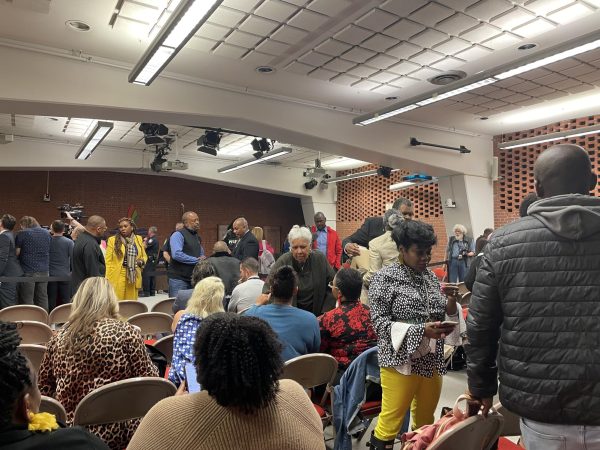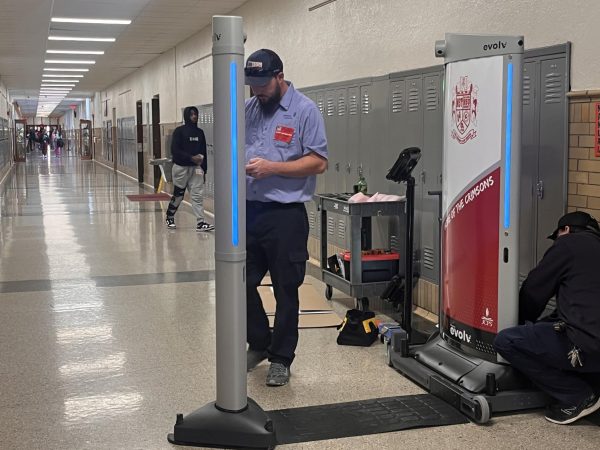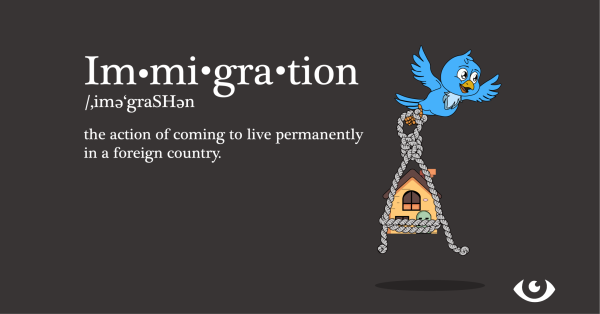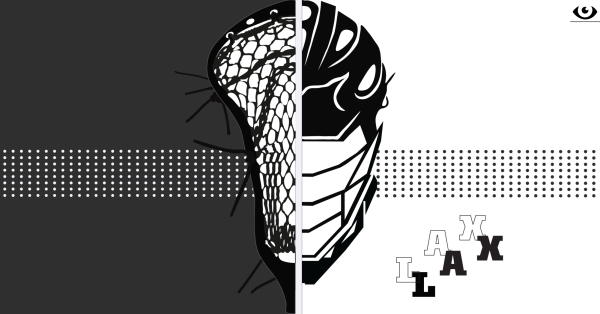REFLECTION: I am important and so is my mental health
October 10, 2019
On days like World Mental Health Day, I always take time to reflect on my journey with my mental health and what it took to get it at the best place possible. I think back to five years ago and how long and painful the journey was to allow myself to accept help and realize it’s okay to feel vulnerable and put your problems in the hands of a professional.
I have been dealing with my anxiety for over five years now and even still I feel ashamed of talking about it. There is something about sharing the most vulnerable part of yourself that makes you feel like your problems don’t compare with someone else’s. I felt like if I told someone, they would treat it as “no big deal” because the symptoms weren’t always visible all the time like a physical illness.
These self-destructive thoughts stemmed from the way mental illness is portrayed in the media. When you see something enough times, it becomes true in your mind. When I constantly saw people being treated terribly for having mental health issues in the public eye, I suddenly thought if I were to tell someone I would be treated terribly too. It was an unhealthy way of thinking and it took me a long time to stray away from it.
I was fortunate enough to have a supportive family and financial capabilities to receive help once I got up the courage to tell my parents, but I know not everyone has that. Some parents just aren’t educated or financially equipped to deal with mental illness, and that is completely fine. However, you don’t want to let yourself suffer from the mental illness you have just because you feel like a burden to your family.
There are other routes you can take to get the help you need even if you can’t handle it financially. That is why it is extremely important to take advantage of school counselors and other adults to consult your mental health with.
While I know the system isn’t perfect and mental health clearly needs to be emphasized more in schools to destroy the stigma against it, for the time being, just know that your school counselors do want to help you.
One way I received help my sophomore year was a system of passes out of class. Every morning I would get a pass signed by my counselor to tuck away in my backpack. If I ever felt anxious or felt the beginnings of a panic, I would pull out the pass and tell my teacher I needed to go to the counselors. Then I was able to regroup in the counselor’s office and go back to class when I was ready.
I didn’t always need it— and usually didn’t use it— but it was a safety net for me that I knew I had if I needed it.
Initially, I was scared to talk to my counselor because I had usually just used them for schedule changes or online classes, but I was pleasantly surprised to discover how flexible they were in dealing with my mental health. I felt safe and cared for at school and knew I had someone to talk to if need be.
Currently, I am at the best mentally that I ever have been. Between talking it out with a therapist and having medication I am able to live comfortably and not let my anxiety control me. I am always grateful I reached out and asked for help because if I hadn’t, I would still be suffering.
I never knew how bad I really felt until I started to get better. So the point to remember is: It will get better. I know it feels like a blanket statement with no substance, but it really is true. But in order for it to get better, you need to take that first step and ask for help. Whether that be your parent or guardian, a school counselor or even a teacher, just talking about your illness, whatever it may be, is the first step in the road to recovery.
You deserve help and you deserve to get better, and you should never be ashamed of what you’re going through. You are not burdening someone by telling them— you are being brave enough to speak up and accept help.
Just remember: You are important and your mental health matters, no matter what.



















Cathy Wood • Oct 11, 2019 at 6:02 pm
Great job Payton. You don’t know me but I was your great aunt Marie’s neighbor for many yrs. I can’t say Thank You enough for this very insightful paper. I too suffer from a type of mental illness called Post Traumatic Stress Disorder. I take meds for this but they don’t take away all the symptoms. Ppl really don’t understand mental illness unless they have a loved one going thru it. Hopefully a lot of ppl will read this very well written paper from your point of view. This topic doesn’t get discussed nearly enough in my opinion. Let me say in closing how brave you are for putting your panic attacks (& what they do to you) on paper for ppl to understand. Thanks again Payton for discussing this very important topic.❤?
Marie A Bowden • Oct 11, 2019 at 1:19 pm
I am very proud of my great-niece Payton for reaching out and getting the help she needed. I am also very proud of her for writing this article and sharing it in hopes it will help others. I myself am on medication for anxiety. It is really important to talk to someone and get the help you need!. Awesome job Payton!!!
Susie Gullett • Oct 10, 2019 at 2:06 pm
What a brave young woman to write this and share such personal details of her life. She is going to positively affect more people than she knows! Great job Payton and Redeye for publishing!!